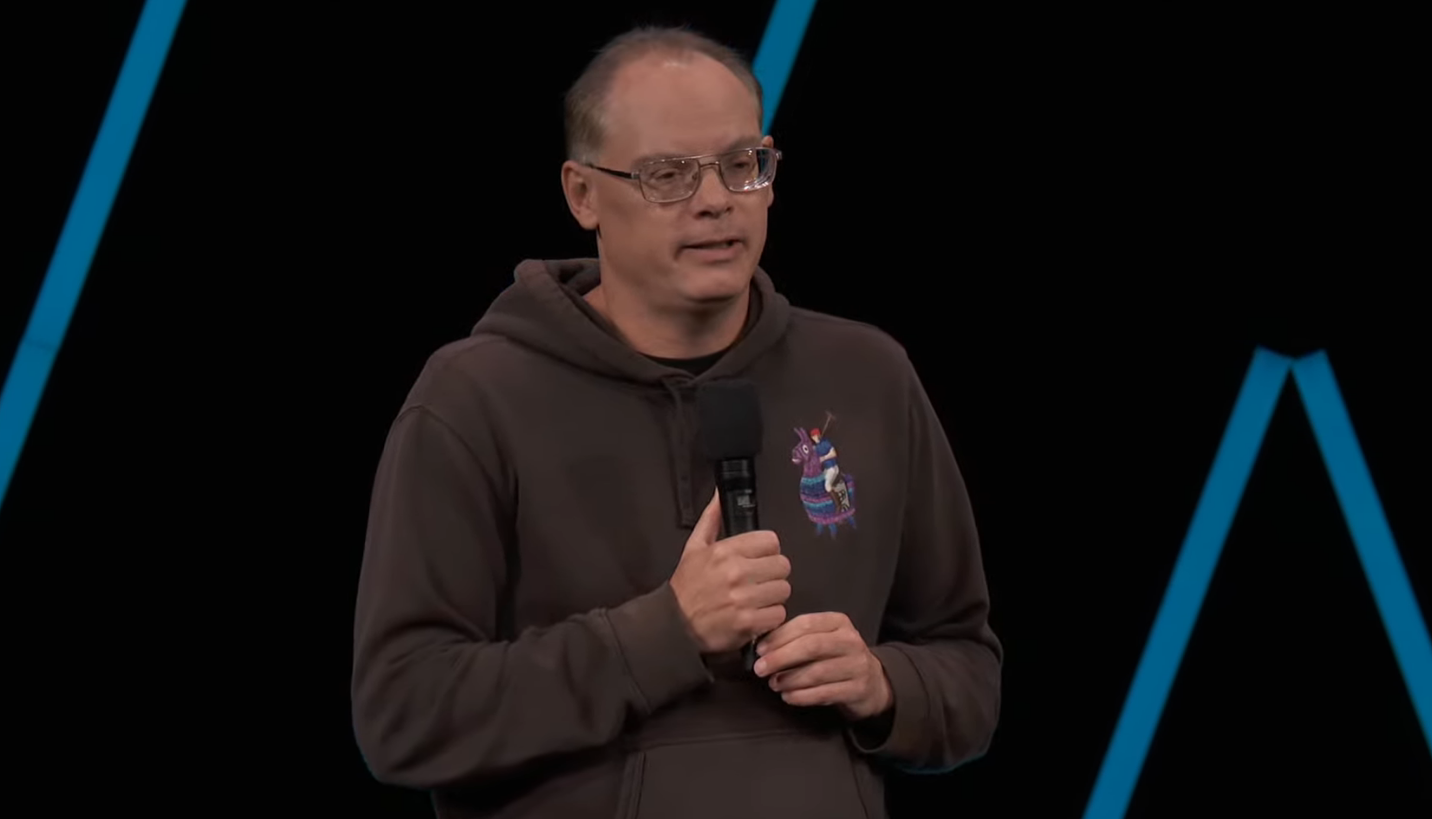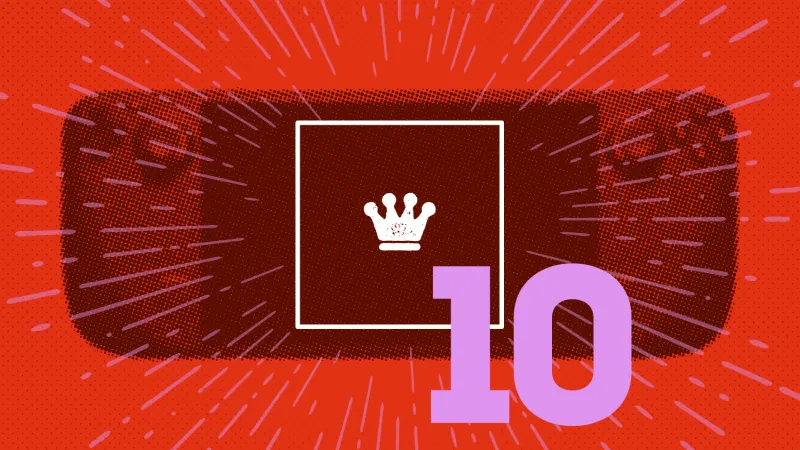
"We spent the last year rebuilding and really executing solidly on all fronts," says the CEO.
Like so many tech companies, Epic Games grew aggressively at the start of the 2020s and then suddenly declared that it had made a mistake. The Fortnite and Unreal Engine maker cut over 800 jobs last year and maimed and sold off Bandcamp, a website it had purchased just a year earlier.
“For a while now, we’ve been spending way more money than we earn, investing in the next evolution of Epic and growing Fortnite as a metaverse-inspired ecosystem for creators,” Epic CEO Tim Sweeney said at the time. “I had long been optimistic that we could power through this transition without layoffs, but in retrospect I see that this was unrealistic.”
At an event for Unreal Engine developers today, however, Sweeney declared that the ship has been righted.
“We spent the last year rebuilding and really executing solidly on all fronts,” said the CEO. “I’m happy to tell you now that the company is financially sound, and that Fortnite and the Epic Games Store have hit new records in concurrency and success.”
Fortnite’s new peak, achieved over the holidays, was 110 million monthly active users, Sweeney said. The Epic Games Store also reached a new peak with 70 million monthly active users in September, according to store GM Steve Allison.
Also during today’s Unreal Fest presentation, Epic announced a new incentive to get game developers onto the Epic Games Store, but it’s one gamers should have less of a problem with than the usual timed exclusivity deals.
Epic already takes no Unreal Engine royalty fees on Unreal Engine games purchased through the Epic Games Store. But even for sales made off EGS, such as on Steam, it will now reduce the Unreal Engine royalty fee from 5% to 3.5% so long as the developer also released the game on EGS on day one. That applies to any platform where both the game and EGS exist: For lots of games that’ll just be PC, but Epic now also has mobile versions of EGS in certain regions, and continues to fight with Apple and Google over its desire to sell mobile games without paying their fees.
The PC exclusivity deals aren’t completely over: Epic still offers 100% revenue share for six months when games launch exclusively on EGS. But with even Ubisoft finally giving up on exclusivity and going back to day one Steam releases, it does feel like the Epic exclusive era of PC gaming is fading into the past.






